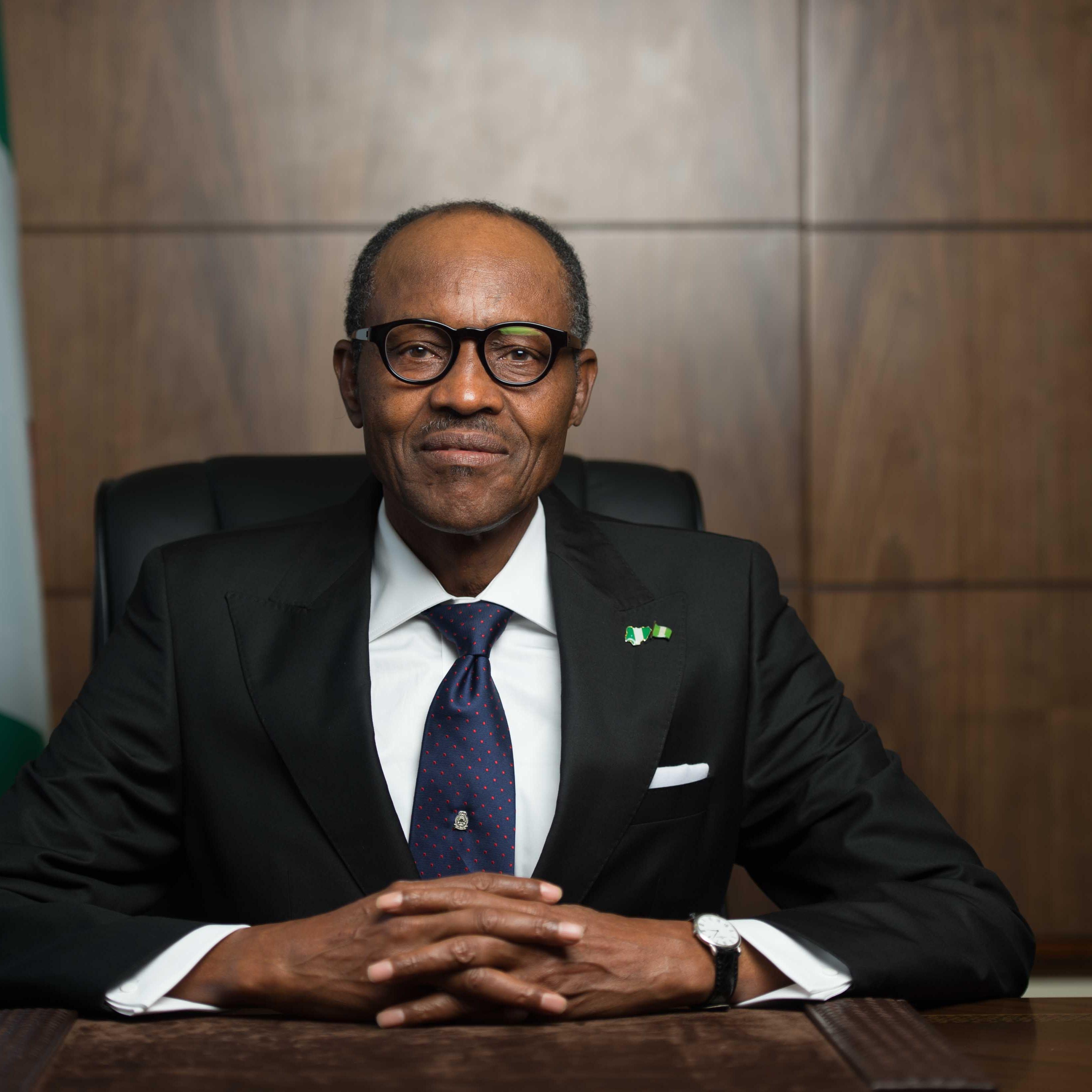I am very pleased to share that it is a humbling experience to be listed among this very amazing women.
See Original post by WomenNg here and See the #YNaijaPowerList of Powerful Young People in Policy here
..........................................................................................................................................................
Ynaija has just released the #YNaijaPowerList for the most influential young Nigerians under 40 who are in politics and policy. Six young and influential women made this list, below is their names and profiles as on the #YNaijaPowerLists;
 Josephine Washima
Josephine WashimaWashima is an accomplished business transformation expert but it is her position as the Special Adviser to President Goodluck Jonathan on Job Creation that earns her a spot on this list. Ms Washima brief includes coordinating and monitoring all job creation activities nationwide as well as generating a verifiable unemployment database. Formerly of the Abuja Enterprise Agency, Washima takes some credit for the perceived success of YouWin and G-Win
 Moji Rhodes
Moji RhodesFor 8 years, Governor Babatunde Fashola of Lagos state has been quite the performer. Granted but a lot of this is made possible because of the careful, deliberate work of Moji Rhodes who functions as his deputy chief of staff. Rhodes’ office coordinates the activities and itinerary of her principal. Reportedly a privileged member of his inner circle, anyone hoping to score an audience with BRF probably has to go through her to ease out the process.
 Ada Osakwe
Ada OsakweAccording to Forbes magazine, Ada Osakwe is a huge part of the Nigerian agricultural sector’s $4billion private sector investment commitments. At 34, Osakwe serves as the Senior Investment Adviser to the performing Minister of Agriculture, Akinwunmi Adesina, and in this capacity, advises on policies regarding private sector investments, while interacting with prospective agribusiness investors. Osakwe has also served as Vice President of Kuramo Capital, a New York-based investment management firm.
 Esther Agbarakwe
Esther AgbarakweEsther Climate as she is fondly called, Is the founder of the Nigerian Youth Climate Coalition. An environmental activist with over 10 years experience, Agbarakwe has represented both country and African youth at many global interactions and assemblies. In 2013, she was elected the convener of Actionaid Nigeria general assembly and serves as technical advisor to the Africa Youth Initiative on Climate Change (AYICC). She works as communications officer, (Global Fund) for the Association For Reproductive & Family Health
 Joyce Awojoodu
Joyce AwojooduAwojoodu is a renewable energy advocate who has worked in the renewable energy research and development team at the Nigeran Electricity Regulatory Commission (NERC) and also as the technical assistant on research, analysis and informatics to the Minister of Power. She has started the Solar and Alternative Resources (SOAR) to illuminate remote and rural communities lacking grid connectivity and is a World Economic Forum Global shaper.
 Katja Schiller Nwator
Katja Schiller NwatorThis vibrant and accomplished young woman is the director, Elumelu Nigeria Empowerment Fund, a non-profit organisation tasked with the responsibility of transforming post-conflict and post-disaster communities into thriving and economically sustainable communities. She also doubles as head of the The Tony & Awele Elumelu Prize, a reward and opportunity platform for African students. She has also worked as the leadership director and CSR manager at the TEF. She is a member of the independent audit committee, The Future Awards Africa prize.



